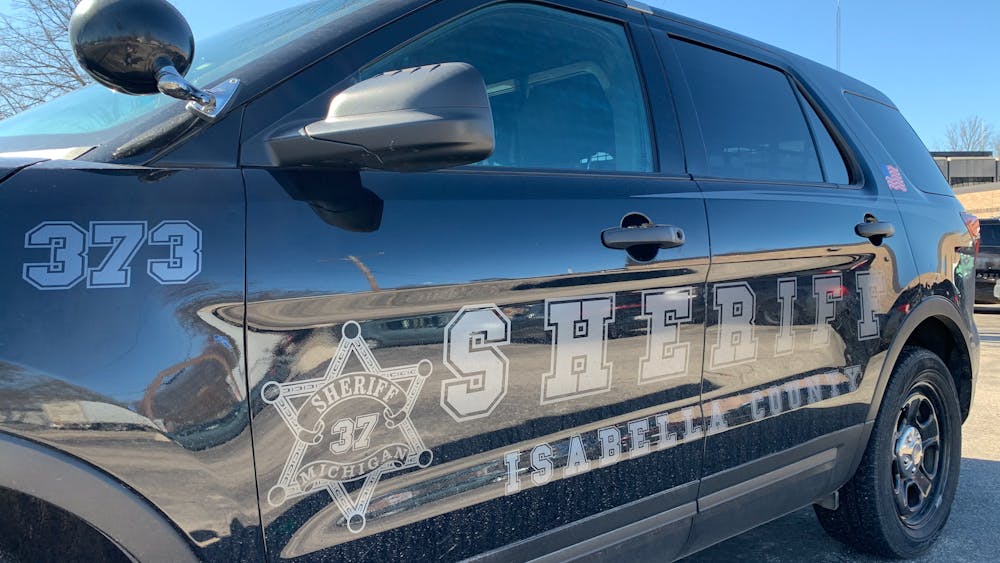University using online classes, virtual library to cater to 'non-traditional' students
Colleges and universities across the country are increasingly seeing a different type of student enrolling: the non-traditional student.
Non-traditional students are students who don’t fit the stereotypical college mold of entering as a freshman at about 18-years-old and graduating as a senior at about 22-years-old.
According to a report released Jan. 24 by the National Commission on Higher Education Attainment, almost half of the students who begin college at a two or four-year institution fail to earn a degree within six years. The report calls for the betterment of support services for improving graduation and completion rates, especially for the non-traditional student population.
Vice President of the Global Campus at Central Michigan University Merodie Hancock said people don’t realize how large of a group non-traditional students are.
More than 10,000 unique students enroll in Global Campus courses each year, and a mix of traditional and non-traditional students has been noted. She said on and off-campus programs are working together to determine how to encourage success in non-traditional students.
“Both campuses are learning from each other how to better serve the needs (of non-traditional students),” she said.
The retention rate of non-traditional students from semester to semester is high, with a rate of about 80-percent retention for non-traditional students in graduate programs and about 60 percent for students in undergraduate programs, Hancock said.
Hancock said initiatives such as online classes, access to the virtual library and different teaching styles cater to non-traditional students.
“With adult students, you can’t just lecture at them," she said. "They’re not sponges. They want things to be relevant."
The library is an example Hancock cites as working with Global Campus and being proactive in increasing virtual resources for all students. Another partnership is with the Veteran's Resource Center, as it is funded through Global Campus.
Steve Rellinger, director of the Veteran's Resource Center, said CMU has a 40-year history of working with veterans, who identify as non-traditional students, when they decide to enroll in classes.
“Veterans aren’t asking for any special consideration,” Rellinger said. “They’re just asking for understanding of where they’ve been.”
The Resource Center provides training to faculty and staff so they can understand the mindset of the veteran.
“We’ve built partnerships with all departments on the administrative and academic side,” Rellinger said.
Corey Charkowske is a veteran and an on-campus student. The Ypsilanti senior spent four-and-a-half years in active duty and is pleased with the resources CMU provides to veterans. He takes advantage of CMU’s Veterans Resource Center, which works with veterans, active members of the military and spouses and dependents of soldiers.
“The (CMU) administration has been very friendly, and the Veteran's Resource Center is willing to help,” Charkowske said.
Hancock said hurdles should be cleared away for non-traditional students so they can focus on academics and graduation.
“I’d like to see it where we hold strong to both traditional and non-traditional students,” she said.



